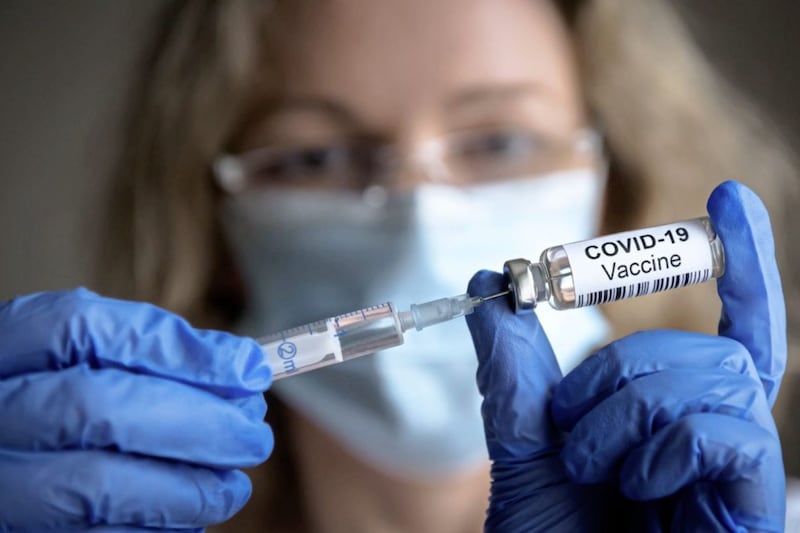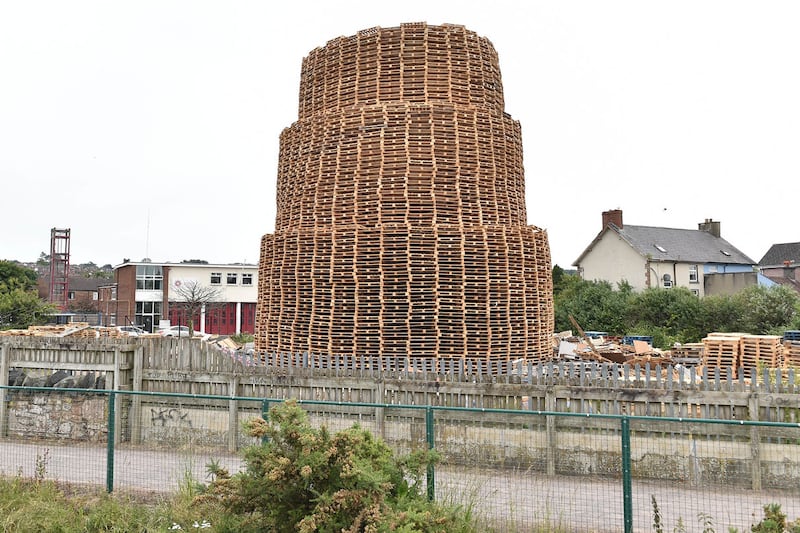THE chair of a Stormont scrutiny committee has called for "maximum consultation" around radical plans to overhaul the north's hospital A&E system and reduce walk-in patients.
Sinn Féin's Colm Gildernew was reacting to details of a leaked health service document in yesterday's Irish News which revealed that by next month the five biggest A&E departments should only accept seriously ill cases by ambulance or doctor referral.
Mr Gildernew, who heads up the health committee, said he hadn't seen the 'action plan' blueprint which has been drawn up by the Department of Health as the service prepares for a second coronavirus wave.
Previously, any major changes to the health and social care system would be subject to a 12-week consultation period.
However, it is understood this will not be required under Covid emergency legislation.
The committee chair acknowledged the need to transform the entire 'pre-Covid' system, including overcrowded A&E units or Emergency Departments (EDs), but warned "cuts to services" should not happen under the "guise of Covid requirements".
"We need to see proper co-production, proper design, a partnership approach and consultation with everyone involved in order to arrive at the best solution," he said.
"There should be maximum consultation."
As part of the new recovery strategy to rebuild services, a powerful 'Management Board' headed up the department's most senior civil servant, Richard Pengelly, has been set up to implement change.
Mr Gildernew questioned the autonomy given to the body and said he hoped it would engage fully with those on the ground.
"I think the committee has expressed on a number of occasions its concerns around the Management Board model and the narrowness of it. We have engaged with the health minister and will continue to do so to broaden out that discussion."
The Department of Health plan, which has been circulated in recent days among medics and top officials, details a major reshaping of urgent and emergency care services within "challenging" timescales - but warns this is necessary to "protect" services and patients in the event of a second wave.
Target dates are set for the creation of vital services, including Urgent Care Centres and a regional 24/7 telephone triage number.
A major reorganisation of nursing/care homes and ambulance 'handover' hospital zones is also outlined.
The first of its '10 key actions', however, centres on the re-organisation of the north's A&E system, with the "five largest EDs to become ambulance only by August 2020".
Hospitals dealing with the biggest volume of emergency patients are the Royal Victoria in Belfast, Antrim Area, the Ulster in Dundonald, Craigavon Area and Altnagelvin in Derry.
The report states: "Under the new arrangements, direct access to Emergency Departments will only be possible for patients who arrive by ambulance or who are referred to the Emergency Department from the Urgent Care Centre or by their GP.
"All patients who make their own way to a hospital site will assessed in an Urgent Care Centre. Care will be needed to ensure this does not lead to an increase in 999 calls for an ambulance to access ED."
Under the heading 'When will it be in place?', the report states: '5 largest EDs to become ambulance only by August 2020.








